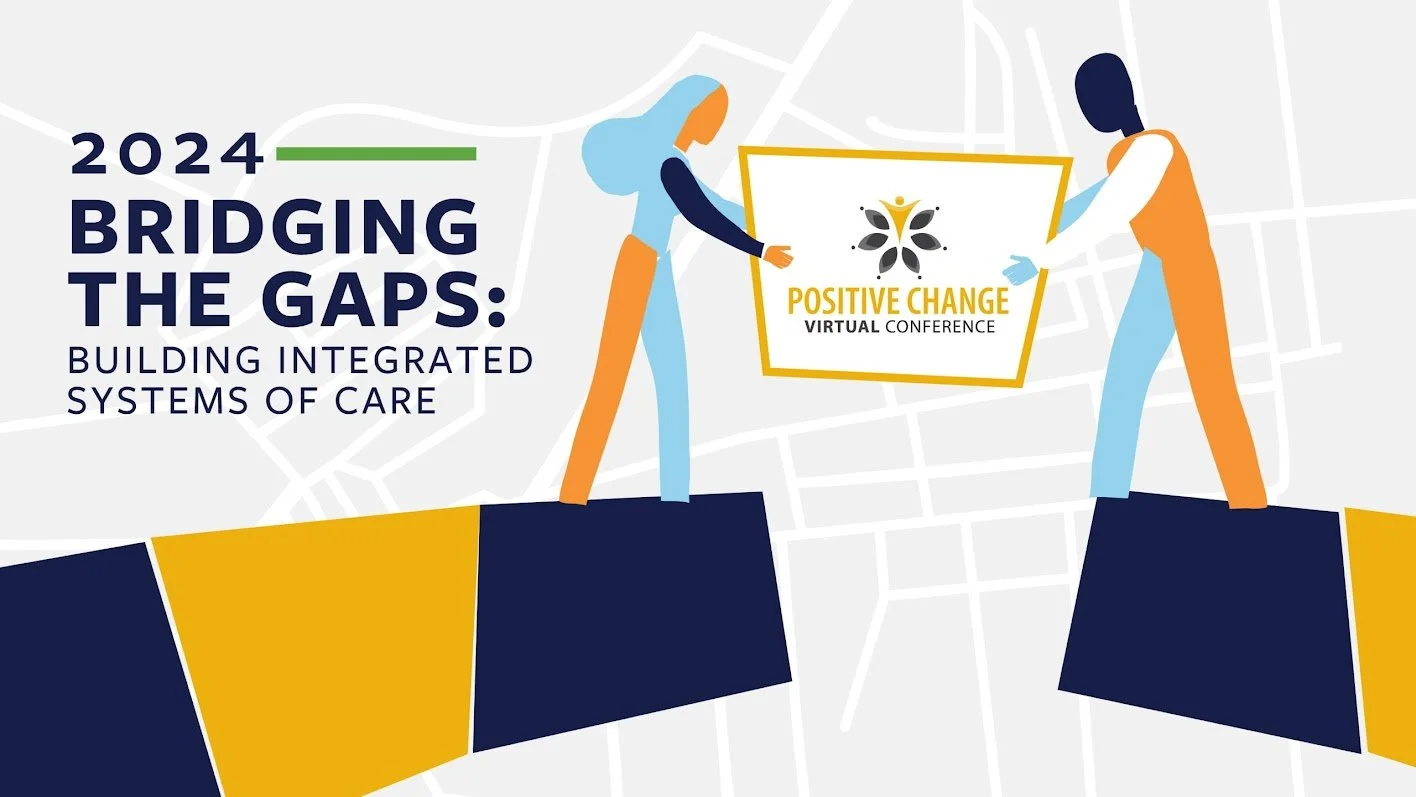LANCASTER, USA: Highlights from Compass Mark's Positive Change Conference 2024
My Compass Mark Positive Change Virtual Conference 'Snack Box' - April 2024
Hosted by Compass Mark, a Lancaster-based organization focused on addiction prevention (substance and gambling), this year’s Bridging the Gaps conference focused on building integrated systems of care, and ran across three tracks:
Mental Health
Addiction Treatment & Recovery
Prevention
I joined the Addiction Treatment & Recovery track, given this semester has been all about psychopathy and addiction.
Alongside my classes, I’ve:
Attended a Narcan use training facilitated by Blueprints for Addiction Recovery.
Watched Our American Family (and wrote a review on it).
Joined a retreat on recovery and healing with Erin Jean Warde.
Been developing a poster I’ll present next Tuesday at the Made in Millersville Research Conference.
Here are my takeaways:
1. Families Living with Substance Use Disorder – Dr. Kimberly Ernest
Learned to use family systems theory in treatment, identifying subsystems (marital, parental, sibling, extended).
Understood how the substance becomes a “member” of the family, forcing everyone to reorganize around the addiction.
Reflected on family rules — spoken and unspoken — like silence around the disorder, issues of trust, and the “parentified child” who grows up too fast.
2. Substance Use Disorder and Pregnancy – Dr. Kristi Dively
I joined this session halfway through, but I’m grateful recordings will be available soon.
I caught her discussion of Neonatal Abstinence Syndrome (NAS) — newborns experiencing withdrawal after prenatal substance exposure. Symptoms can include irritability, seizures, respiratory issues, watery eyes, and high-pitched crying. It was tough but essential learning, especially since my upcoming poster focuses on pregnant women with SUD.
3. Training Families to Support Loved Ones – Maricelle C. Sheldon
This session introduced the CRAFT Model (Community Reinforcement and Family Training).
I loved its emphasis on empowering families — not to “fix” their loved one, but to take care of themselves, build resilience, and engage in healthier ways.
Addiction truly is a family disease, and caregivers often become the invisible sufferers.
The conference left me inspired but also thoughtful, I’m still figuring out which area of addiction work I want to dive into after graduation. For now, I’m focusing on Presenting my poster next week at Made in Millersville.
My research examines how punitive drug policies targeting pregnant women impact their willingness and ability to access prenatal care and substance use treatment, with implications for public health and maternal outcomes.


